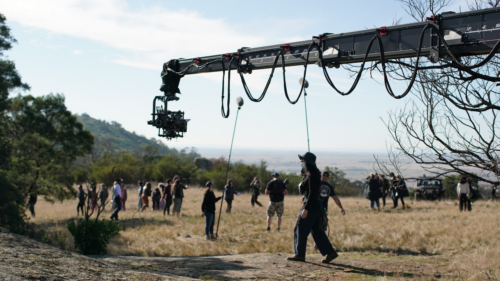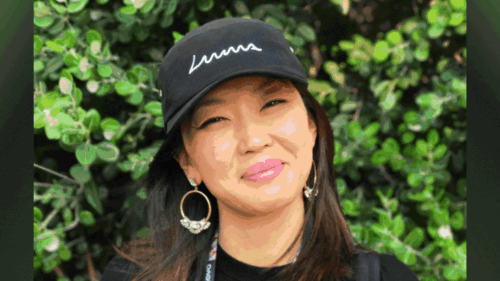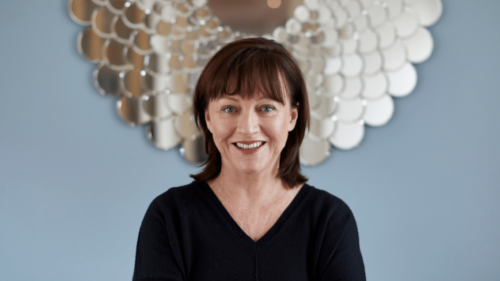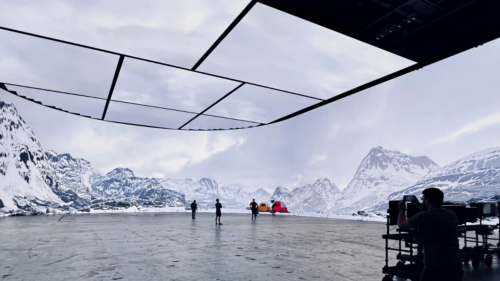/News 19.04.23
FIRST NATIONS SPOTLIGHT: DANIELLE MACLEAN, SCREENWRITER/PRODUCER FROM LURITJA AND WARUMUNGU COMMUNITIES IN THE NORTHERN TERRITORY
Meet Danielle MacLean, a Luritja and Warumungu woman with an extensive career as a writer and producer. She is one of the principals of Northern Territory production company, Tamarind Tree Pictures and is based in Darwin (Garramilla) in the Northern Territory. Danielle’s work includes winning an AWGIE Award for the series Double Trouble and being nominated for two AFI/AACTA awards for her writing on Queen of Hearts and My Colour, Your Kind.
She prioritises elevating First Nations voices and perspectives in her work, while striking a balance between accuracy and compelling storytelling.
What initially sparked your interest in screenwriting and documentary production? How did you get started in these fields, and what motivates you to continue creating content?
I had always been interested in photography and thought that I would pursue a career in that area but when I moved from Darwin to Alice Springs in 1993, I was given the opportunity to work at CAAMA Productions (The Central Australian Aboriginal Media Association) as a production assistant under Indigenous Writer/ Producer/ Director Erica Glynn on the Nganampa Anwernekenhe language series. The combination of working with some of the best filmmakers I know, Erica Glynn, Steven McGregor, David Tranter, Allan Collins, Beck Cole, and Warwick Thornton in some of the most captivating parts of the Northern Territory and interviewing inspiring Aboriginal people meant I was hooked, almost immediately.
“There are not too many jobs that take you to these types of locations, sleeping under the stars in Central Australia and working with people who can speak multiple languages with intricate knowledge of their country, plants and animals – I just felt so privileged to be making films and I’ve never found anything I love more. I think it’s addictive. I’m actually not sure if I have the skills to do anything else.”
In terms of motivation, I think the fact that there are so many amazing First Nations stories out there, and until recently there wasn’t many opportunities to share them, so I guess I feel obligated in some ways to ensure that these voices are heard because there are a lot of people, including politicians talking about First Nations people, and not listening to what First Nations people really want and have to share. I’m really passionate about giving First Nations people a voice.
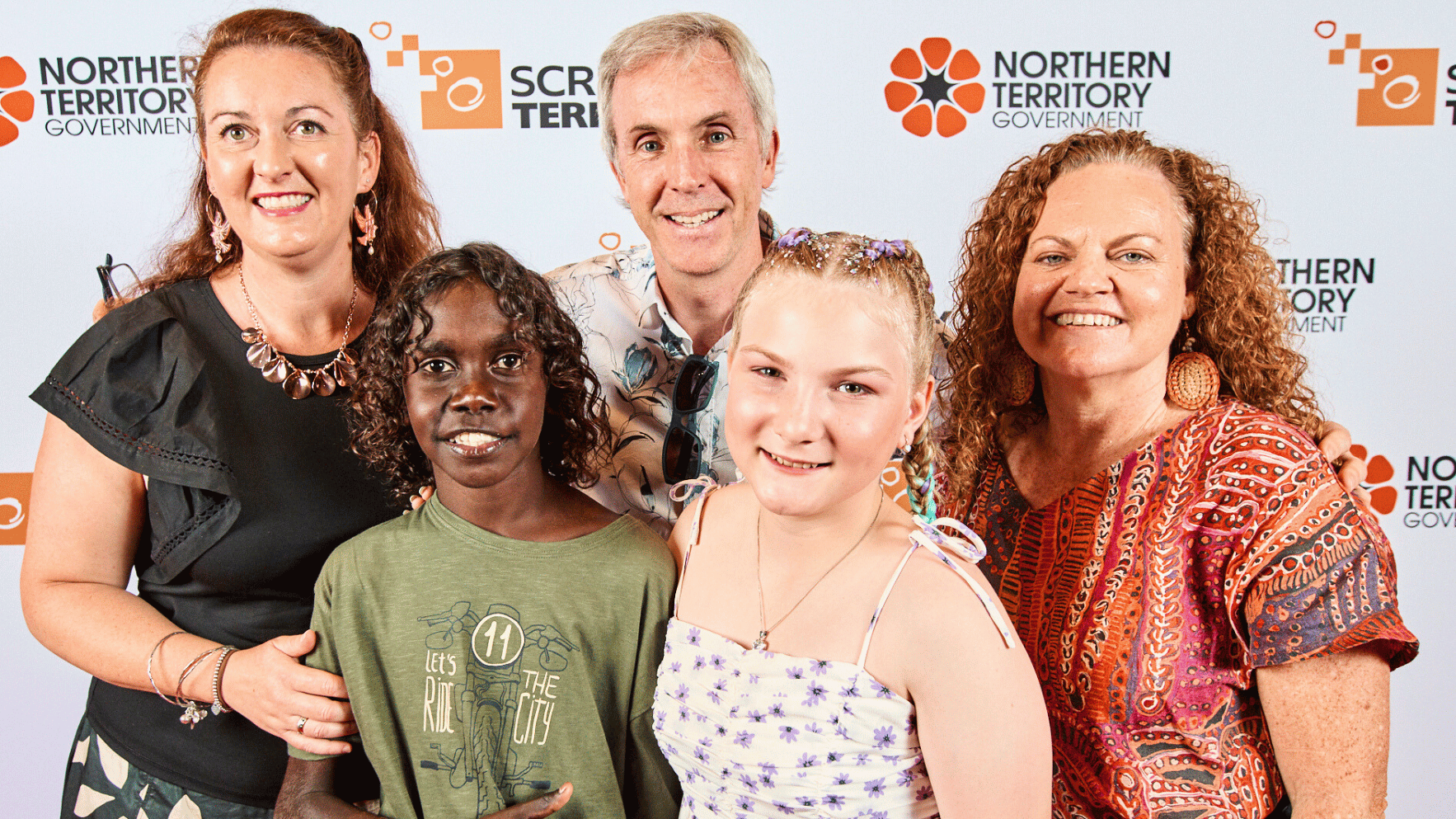
You have a business partnership with another Aboriginal screenwriter, Steven McGregor, how did this come about and how do you go about navigating your company’s projects?
Steven McGregor and I worked together for many years at CAAMA Productions and we both left and became freelancers, we continued to work together on productions like Blackfella Film’s Redfern Now. In 2010 after I moved back to Darwin, we set up a SPV (Special Purpose Vehicle) to produce our documentary Croker Island Exodus with Victorian-based Producer Anna Grieve. We enjoyed the process of working together, and felt that our skills complemented each other, so we decided to keep our production company going. Tamarind Tree Pictures is where we develop our own story ideas, our own IP, for projects that we want to see made, whether that be documentary, children’s television, animation or drama.
We all continue to work freelance for other companies too, but we always have projects on the boil that we are developing and producing under Tamarind Tree Pictures.
You’re a prolific screenwriter having won an AFI award and worked across productions such as True Colours, Redfern Now, We are Still Here, Mystery Road and Little J and Big Cuz. How do you approach the storytelling in your work to engage and captivate audiences?
The story room is what I really love. It’s so amazing to see how quickly you can develop a story world, characters and episodes when you have writers all working together on the same problem. Writing for television is a very collaborative process and I think that’s what I love most about it. Then you have to go away with your plotted episode and knuckle down and write, which is where the hard work begins. It’s such a solitary task and one that I battle with constantly, but I think having something to say and nurturing your own unique voice is important.
In all the drama productions I’ve worked on, whether they be adult or children’s we are always trying to elevate the First Nations voices and perspective and I guess that’s what makes these series unique and engaging.
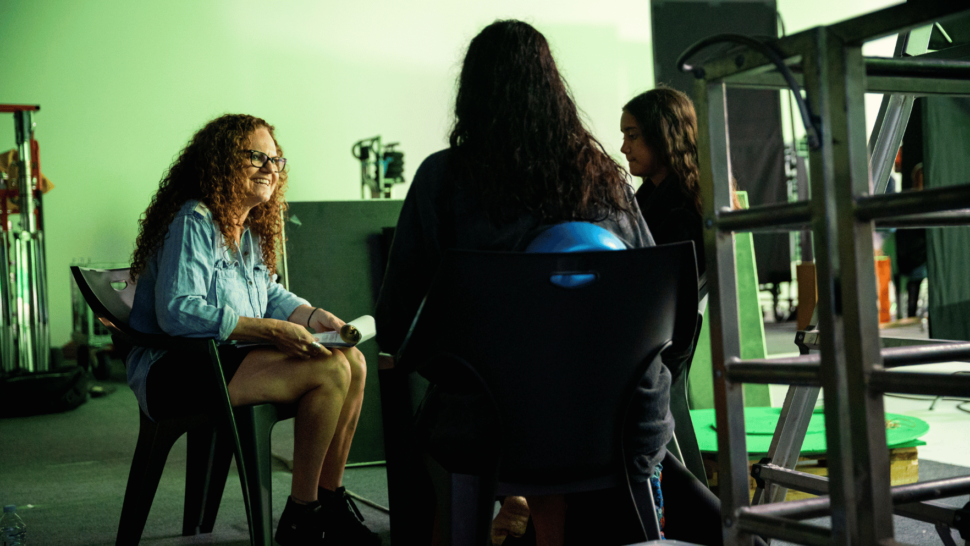
Documentaries often tackle real-world issues and events. How do you navigate the balance between staying true to facts and presenting a compelling narrative in your documentary productions?
That is the constant battle with making doco’s, what to keep and what to ditch, but again, this is a very collaborative process between the director, editor and producers. I think the first thing is to be true to the film that you shot, as this is not necessarily the one you set out to make. In documentary, things change along the way, you are dealing with people’s real lives and things don’t always go as planned. It’s really about working out what you are trying to say and choosing scenes, images, sound, music that advance this narrative forward.
We are always mindful not to take things out of context and to ensure we aren’t putting words in people’s mouths. We really value the people we work with, and try to ensure that we are respectful when editing their stories.
You recently completed producing Barrumbi Kids in the Northern Territory Aboriginal communities of Beswick and Barunga. How was this experience and what does it mean for you to be producing live-action children’s content set in remote communities?
Producing Barrumbi Kids with Monica O’Brien and Julia Morris was a wild ride. Shooting drama remotely is definitely challenging but we couldn’t have asked for more amazing people to work with and we couldn’t have done it without the input and enthusiasm of our cultural advisors Frankie (Tango) Lane, Revonna Lane and Scotty Hall and the numerous people from Beswick and Barunga Community who came out to act, dance, sing and worked behind the scenes.
I think some producers see cultural consultation as a burden but I think what you get from these collaborations is amazing, to me it only strengthens story and propels it to places most people would not be able to conceive. I really love working with bush communities in the Northern Territory, the people, the landscapes, the culture is just so rich and the working relationships are always really rewarding.
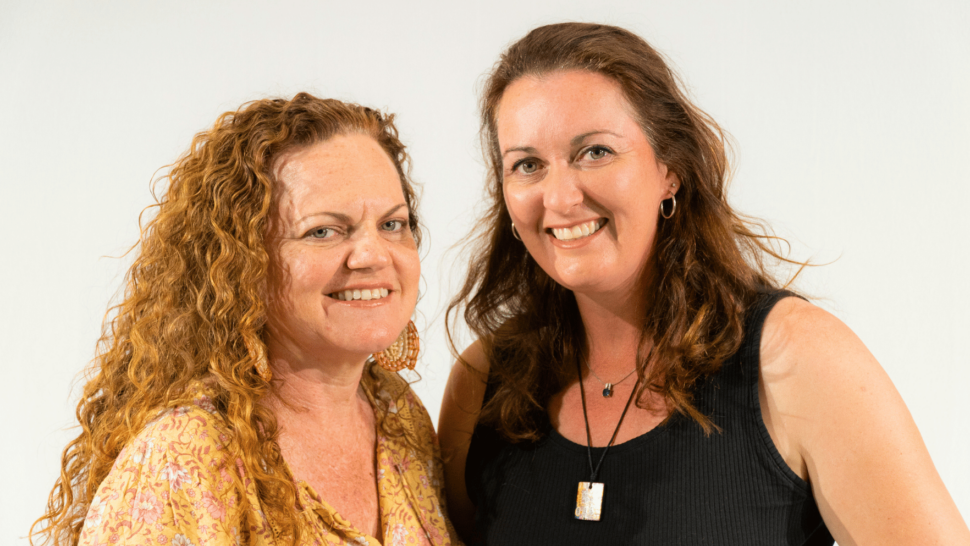
Barrumbi Kids was filming in Beswick at the same time as you were working on the limited thriller series True Colours which was filming in Alice Springs,
What was it like to have two totally different types of content going simultaneously, and did you enjoy writing for essentially two ends of the spectrum with children’s and thriller/murder mystery?
Barrumbi Kids and True Colours actually went into production at the same time. Barrumbi Kids was being shot in and around the Katherine, Beswick and Barunga Community while True Colours was being shot in Central Australia which unfortunately meant that I was unable to make it to set on True Colours.
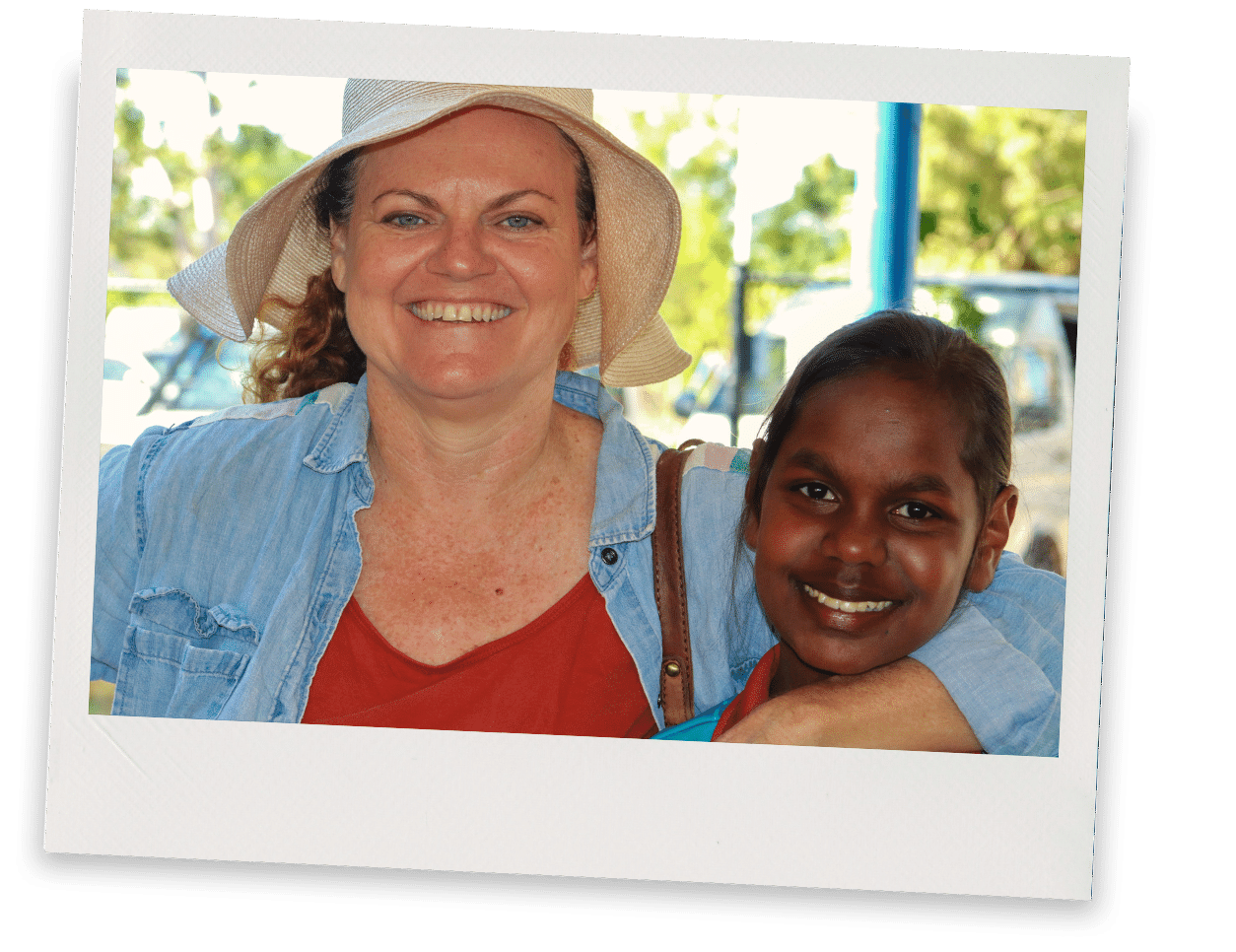
“As a writer on both these shows, I wouldn’t say that the two are totally different, they are made for different audiences. One being made for children, the other an adult drama, but at their heart they are both about the way First Nations people live on this land, their relationships, obligations and their connection with country.”
What advice do you have for aspiring screenwriters and documentary producers who are looking to build a successful career in the entertainment industry? Are there any lessons you have learned along the way that you would like to share with others?
In terms of lessons learned, I would say that when I was younger I didn’t realise how important it was to nurture relationships within the industry. Filmmaking is such a collaborative process as much as it is about developing your craft, I think it is really important to find your people, because the journey is long and it can be difficult to get projects into production so you want to make sure you like the people you are working with because you are likely be working together for a long time.
What’s next for you?
I’m currently writing a treatment for a feature documentary that we are hoping will go into production later this year while still trying to push along development on the rest of Tamarind Tree Pictures’ slate which includes an animated children’s series, another feature documentary and a drama series.






